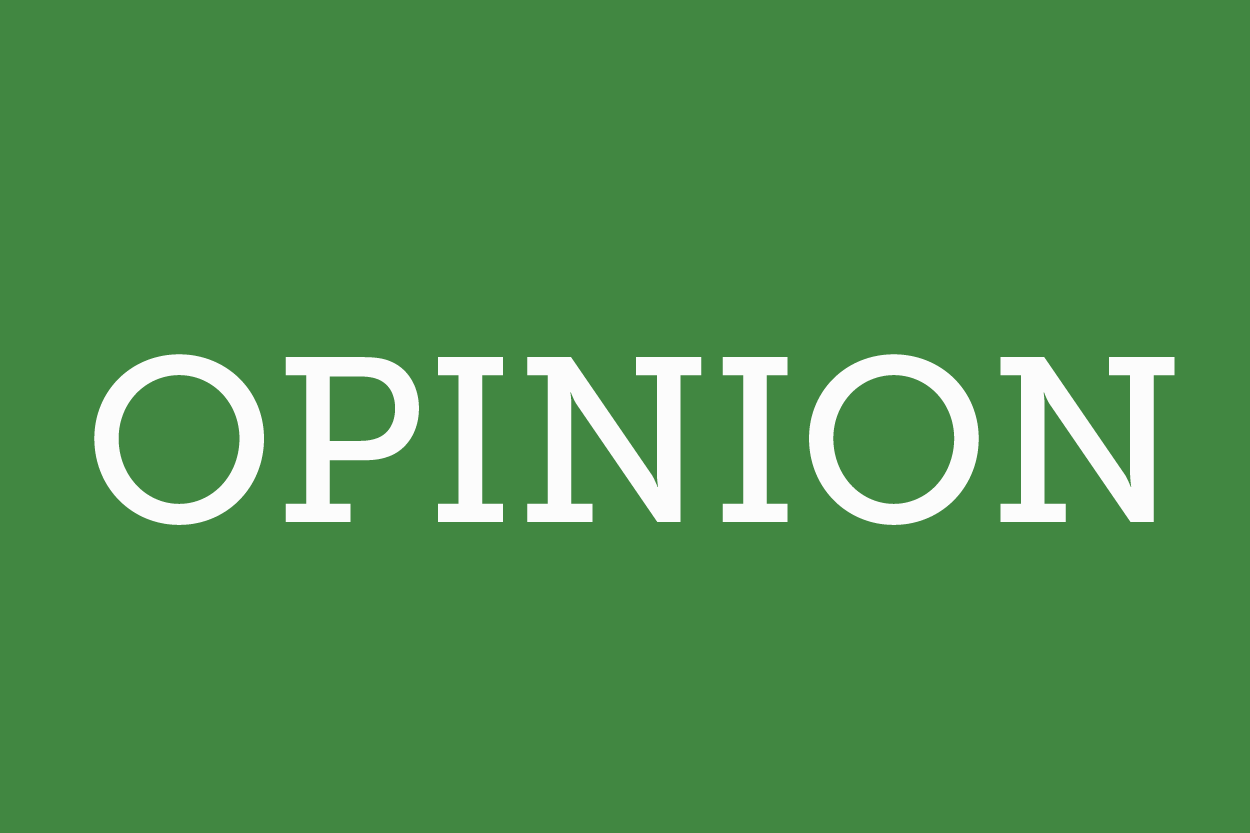It’s always fun to compare University of Miami to one of our rivals, Florida State University. Our school has more resources, higher academic standards and is situated in a better city. Heck, even our much-maligned football team has more rings.
But there’s one particular comparison that poses as a warning to our university.
Last year, FSU President Eric Barron, Ph.D. ’80, decided to take his talents to Happy Valley as president of Pennsylvania State University. FSU found itself, not unlike UM, looking for someone to replace a president with a sterling academic and administrative background.
Instead, they found politician-turned-lobbyist-turned-politician state Senator John Thrasher. Senator Thrasher, the former head of the Republican Party of Florida and chair of Governor Scott’s re-election campaign, was named president of FSU two weeks ago and will be installed in November.
Fred Grimm at the Miami Herald detailed the wranglings of political influence that made the search for a new president an all but inevitable choice for Thrasher. His column is an illuminating read on the corrupting influence of politics in Florida academia, none of which is particularly new or surprising. Even John Funk, consultant to the FSU search committee, said over the summer that consideration of any candidate besides Thrasher would be a “sham.”
As part of a private university, UM’s Board of Trustees hopefully isn’t as influenced by electoral politics as that of FSU. But we would still do well to avoid FSU’s other mistakes in our own search.
First, the new president will absolutely need academic experience. Ignore Senator Thrasher’s extreme views; he led the 2010 bill against teachers’ unions that the National Education Association called the “worst bill in the US.” After all, President Shalala famously held a cabinet position before coming to UM during which she tried to push through health care reform.
She also holds a doctorate in public policy and served as an academic at Columbia University and the U.S. Department of Housing and Urban Development. She had administrative experience as chancellor of the University of Wisconsin. Her curriculum vitae stands head and shoulders above that of Thrasher, and hopefully our next president’s will, too.
The new president must meet the administrative needs of the school. Thrasher’s main credentials for the job are that he excels at raising funds for campaigns and can lobby the tightfisted Florida legislature. Likewise, Shalala led the billion-dollar Momentum campaigns.
Our endowment has seen healthy returns in recent years. The president also navigates one of the largest medical systems in Florida, top environmental science labs, and terrific programs in music, international business, architecture and more. Maybe the new president could focus on under-resourced areas such as the graduate schools, social sciences and the humanities. If our academic goal is to meet the standards of the elite Association of American Universities, we must aim for excellence in all fields, not just in biological sciences. To truly understand the goal of the university, the presidency requires a Ph.D.
Most importantly, the new president must gain the legitimate consent of the campus. Because of his lack of experience and policy stances, Thrasher was opposed by practically everyone at FSU except for the board. Alas, the voices of protesting students and the faculty senate unanimously decrying Thrasher were no match for his potential fundraising prowess.
That our students, or at least student government, and faculty senate should register opinion on the new president goes without saying. Moreover, recall that the tenure of Shalala featured a 2006 labor strike. My faint hope is that the voice of the entire campus, including the labor division, is taken into account.
I don’t know who’s on the shortlist for president. Nor do I know what factors are being considered. But FSU President John Thrasher shows us everything we should avoid.
Patrick Quinlan is a junior majoring in international studies and political science.






